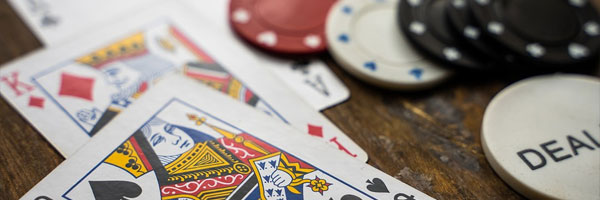In the campaign to prevent and minimize illegal casinos, gambling, and betting crimes in New Zealand, the Gambling Act of 2003 was introduced. The act aims to control and monitor the growth of the casino and gambling industry in the country.
However, the law targets other objectives such as to promote responsible gambling, avoid social issues rooted from gambling addiction, and more. To do that, the Department of Internal Affairs administered the law and came up with 4 different gambling classes.
The classes are determined on the number of money expenditures and the level of risk they bring to the table. The 4 gambling classes are Class 1, Class 2, Class 3, and Class 4.
All money items here are New Zealand dollars in value. Also, for Classes 1, 2, and 3, “the value of any non-cash prizes is the retail value” as stated by the Gambling Act of 2003.
Class 1

In Class 1, potential turnover or prizes given to players or gamblers does not exceed $500. In this class, the gambling or betting operation is administered or operated by individuals. All profit generated is to be distributed as cash prizes. There is no need to acquire a license for Class 1 gambling.
It is also in the law that if it is run by a society, profits must be distributed to gambling proceeds. These proceeds must be non-commercial and must be charitable and beneficial for the community.
Class 2

In Class 1, the prizes for one session must not exceed $500, in class 2, the limit is $5,000. Potential turnover for one session must not go beyond $25,000. Just like with 1, 2 does not require a license to operate.
Class 2 gambling is centred on gambling proceeds, meaning, it must be operated by a society. With that, the society must be transparent with its information at the point of sale and transactions.
Information like name of the society, mission report, prizes, and more must be easily attained and visible.
Class 3

First of all, this class requires operators to have a license. Prizes in this class can exceed $5,000. Just like with 2, it must be operated by a society. Profits should be focused on authorized purposes.
Class 3 are mostly large operation lotteries, instant games, and other forms of gaming sessions. By the way, a housie operation must be headed by a corporate society.
Gaming machines are not permitted in this class. If your operation meets the rest of the requirements but uses a gaming machine, it’s not considered Class 3.
To be deemed Class 3, the Department of Internal Affairs must give its approval if the operation is financially stable and viable. It is also a requirement for costs to be minimized and community returns maximized.
Class 4

If a gambling operation uses gaming machines outside a casino, operated by a corporate society, and raises money for authorized purposes, it’s class 4.
It is important to be aware of these gambling classes, especially if you are planning to open a casino. For more content related to the casino scene in New Zealand, subscribe to our online magazine today, and be sure to check out our guide on how to choose the best online casino in New Zealand.

